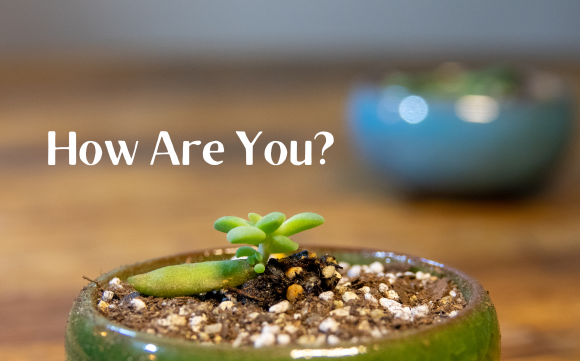
Photo by Noah Holtgraves
Editors note: Jeanette Robinson is a fictional name representing a real University of Colorado Boulder student. She spoke about her mental health with the caveat that her name be withheld from the published article. This pseudonym is used to protect the private health information of this student.
After transferring to the University of Colorado Boulder in the Spring, 20-year-old Jeanette Robinson lives in a social desert, surrounded by peers. Students like Robinson, who abide by COVID-19 guidelines, suffer additional economic and mental health costs as the pandemic drags on.
COVID-19 fatigue is incredibly real for those who chose to comply with government recommendations. Robinson’s anger mounts as she continues to isolate, keenly aware of what she deems the blatant disregard many of her fellow students hold for COVID policies.
“I understand people wanting to socialize and see their friends, but I have been in isolation since March, so I think everyone just needs to suck it up and continue isolation so we can get rid of this thing and then go back to living normal lives,” Robinson said.
Prolonged isolation causes Robinson to mostly keep the company of her thoughts, which is excruciatingly challenging when dealing with an existing mental health illness. She describes a recent trip to the emergency room as a relapse in her mental wellbeing due to a crushing panic attack.
Stories like Robinson’s are becoming increasingly familiar, as a recent study from the school’s Research on Affective and Developmental Disorders (RADD) Lab shows. Clinically high levels of depression doubled in the study comparing the first two months of 2020 to after the pandemic hit in March and April.
Roselinde Kaiser Ph.D., Principal Investigator with the lab, explains the unfortunate wide-acceptance that depression, anxiety and thoughts of suicide have been increasing in young people over the past decade.
“Those increases tend to be exacerbated when people leave the home and have to go and live on their own and navigate a whole bunch of new challenges, which is exactly what happens when you go to college,” Kaiser said. “All of those things were already happening, and if anything, this pandemic has amplified those problems.”
Nearly 170,000 COVID cases and an almost 5,000-case 7-day-average in Colorado are forcing officials to enact a new Level Red restriction in counties like Boulder. Additionally, with the upcoming winter months, and many people unable to see family, depression rates across all ages are likely about to surge. That is why it is importantant to seek help if your mental health is suffering right now. But the pandemic makes traditional routes of emotional support challenging; video chats that replace private in-person therapy tend to only scratch the surface, according to Robinson.
“It is hard to open up and have a deep and reflective conversation if your audio is being wonky or your internet keeps kicking you out of the call,” Robinson said. “I think you can definitely get some important work done, but I’m sure for some, it is hard and feels artificial without that human connection,”
The university recently expanded mental health funding, intending to add 13 counselors to staff over the next four years. However, a more nuanced approach might be necessary for the school (and country) to combat staggering mental health disparities.
The work starts with individuals fighting stigma to create a national conversation around mental health according to Robinson. She believes COVID is rapidly expanding this dialogue as mental health has become a concern not just for a few but for a vast number of the U.S. population.
“I think there is a lot of stigma still especially depending on where you come from, your culture, and what communities you are involved in,” Robinson said. “There’s also definitely people out there who don’t believe it exists in the first place.”
As the pandemic rages on, the work in continuing dialogue surrounding mental health and increasing therapy access, especially in marginalized communities, is just getting started.
Call 911 if you or someone you know is in immediate danger or go to the nearest emergency room.
Colorado Crisis Line
1-844-493-8255
coloradocrisisservices.org
Chat online or text TALK to 38255.
Crisis Text Line
crisistextline.org
Text 741741 from anywhere in the nation to reach a counselor.
CU Counseling and Psychiatric Services (CAPS)
303-492-2277 (24/7 support)
Schedule an Appointment
Contact CU Independent Staff Writer Noah Holtgraves at noah.holtgraves@colorado.edu.
